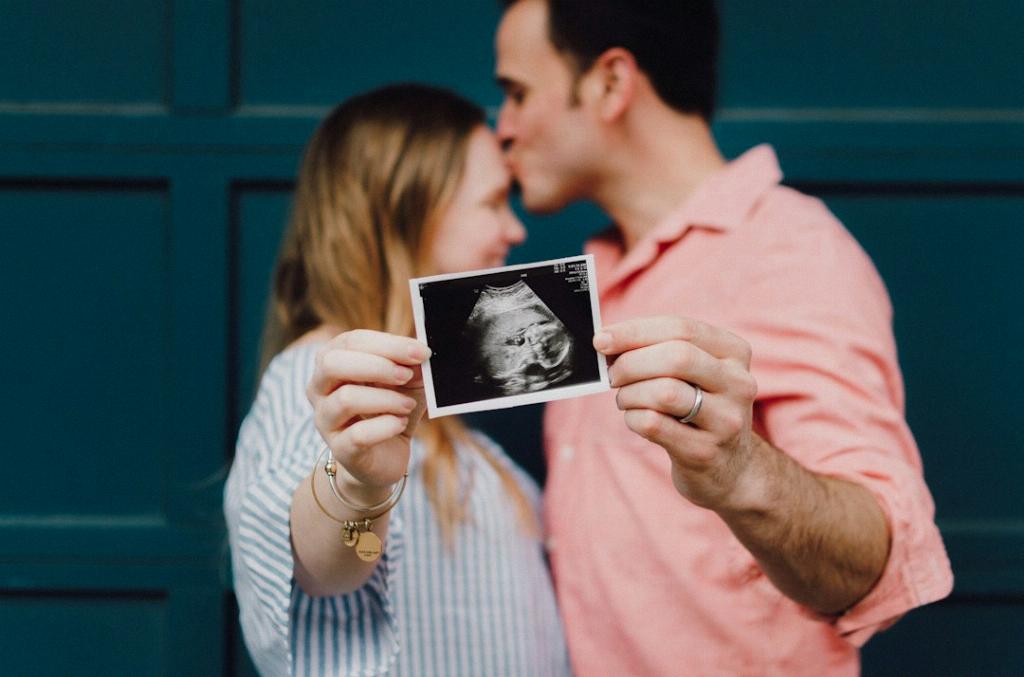When it comes to pregnancy, there can be various concerns that arise, and one of them may be an umbilical hernia. An umbilical hernia occurs when a section of the small intestine bulges through an opening in the abdominal muscles near the belly button area. It can be concerning for pregnant individuals, but it’s important to understand the facts and consider the options available.
The Common Occurrence of Umbilical Hernias
It’s essential to note that umbilical hernias are a relatively common occurrence during pregnancy. The increased pressure in the abdominal area due to the growing uterus can lead to the development of hernias in some individuals. While this may sound alarming, it’s crucial to remember that in many cases, these hernias do not pose a significant threat to the health of the pregnant person or the baby.
Rare Danger Posed by Umbilical Hernias
In most instances, umbilical hernias during pregnancy do not cause any danger. They are typically considered a benign condition that can often be managed without immediate medical intervention. However, it’s essential to monitor the hernia’s size and symptoms to ensure that it does not pose any risks during pregnancy or childbirth.
Resolution After Childbirth
One aspect worth highlighting is that umbilical hernias often resolve on their own after childbirth. As the uterus shrinks back to its pre-pregnancy size, the pressure on the abdominal muscles decreases, which can lead to the hernia naturally retracting. This means that in many cases, the hernia may not require any specific treatment during pregnancy.
Postpartum Treatment Options
If the umbilical hernia persists after childbirth, there are several treatment options available during the postpartum period. While surgery is one option to repair the hernia, some individuals may opt to wait and see if the hernia causes any problems or resolves spontaneously before considering surgical intervention.
Considerations for Surgical Intervention
If the umbilical hernia causes significant discomfort or if it enlarges during pregnancy, surgical intervention may be necessary. It’s essential to consult with healthcare providers to discuss the risks and benefits of surgical treatment during pregnancy. Surgery can often be safely performed to repair the hernia and alleviate symptoms.
Timing and Safety of Surgery
While surgical repair of an umbilical hernia during pregnancy is generally considered safe, it is crucial to weigh the risks and benefits of the procedure. Healthcare providers will assess the individual’s health status, the size of the hernia, and any potential complications to determine the most appropriate course of action.
Monitoring and Care Planning
For pregnant individuals with umbilical hernias, regular monitoring and care planning are essential. Healthcare providers can provide guidance on managing the hernia during pregnancy, addressing any concerns that arise, and planning for postpartum treatment if needed. Open communication with healthcare providers is key to ensuring optimal care and outcomes.
Overall Outlook and Reassurance
While the presence of an umbilical hernia during pregnancy can be worrying, it’s essential to remain informed and proactive in managing the condition. With appropriate monitoring and care, many individuals with umbilical hernias can experience resolution of the hernia without significant complications. By staying informed and working closely with healthcare providers, pregnant individuals can navigate this issue effectively.

